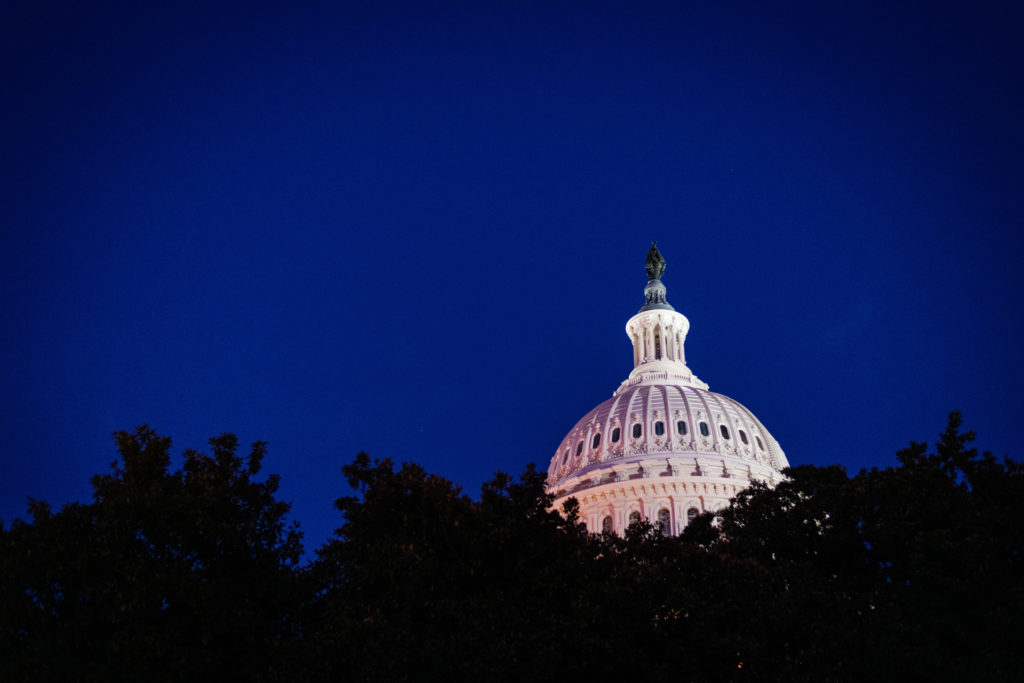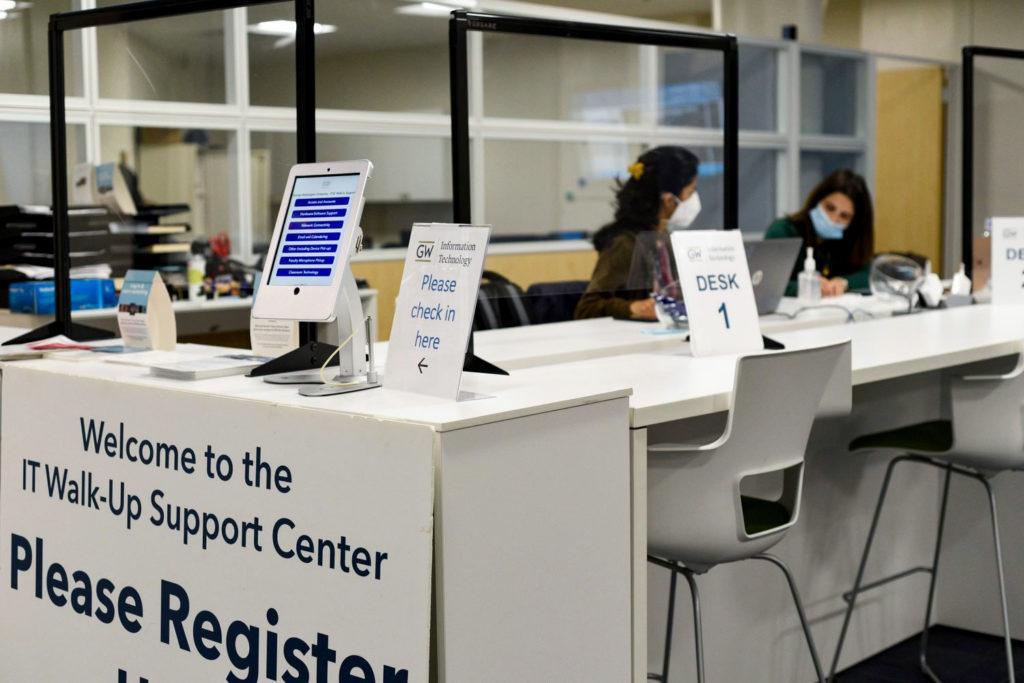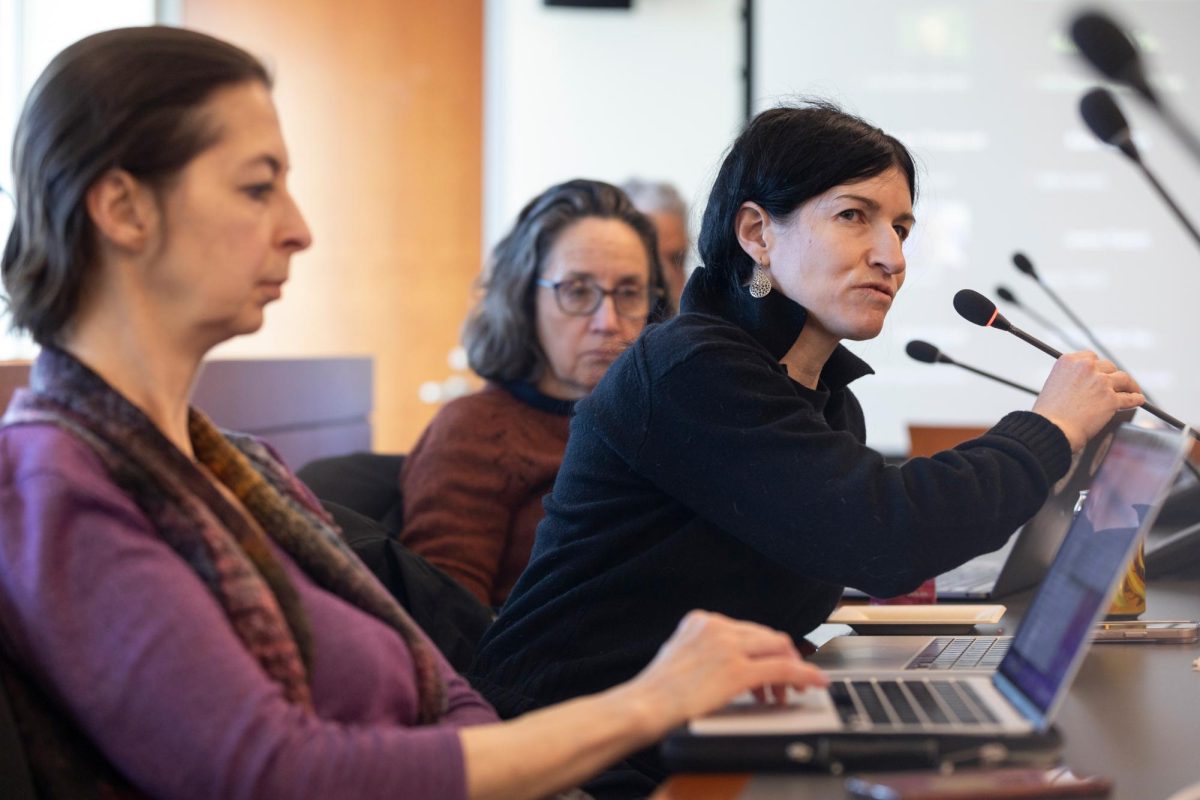Four higher education organizations are calling on Congress to provide $26 billion in assistance to research universities, medical schools and teaching hospitals affected by the COVID-19 pandemic.
The organizations, including two that list GW as a member – the American Council on Education and the Association of American Medical Colleges – said in a letter addressed to Congressional leadership Tuesday the funding would cover additional student fellowships and base operating costs, supplement contract funding and support research personnel. The authors argue the funding is necessary as the “unprecedented” scale of the virus’s impact on higher education is “still growing.”
“Given the current shutdown of many university-based and national laboratories due to the pandemic, we are deeply concerned that the people who comprise the research workforce – graduate students, postdocs, principal investigators and technical support staff – and the future health and strength of the U.S. research enterprise, are at risk,” the groups said in the letter. “We are therefore requesting government relief for the research workforce that sustain the enterprise.”
Congress passed about $14 billion in relief funding for higher education institutions late last month, but the amount came far short of the roughly $50 billion that nearly 80 higher education organizations requested.
University President Thomas LeBlanc said in an interview last week that Congress should appropriate additional money to support higher education. GW is projected to lose $25 million by June 30, excluding impacts on the medical enterprise and funding from local and federal governments, as a result of the virus, he said Friday at a Faculty Senate meeting.
The four organizations also requested that federal research agencies implement “uniform guidance and policies” that provide research institutions with the ability to cover salaries and benefits using grant money and provide flexibility with auditing and regulatory requirements for a year after the pandemic ends.
“Financial and other regulatory audits specific to research grants should be postponed to permit institutions to address current exigencies brought on by COVID-19,” the letter states. “The pandemic and its impacts on the terms and conditions of grants and contracts should be recognized and amendments and flexibility should be afforded in amending the terms of research grants and contracts that are currently in place between universities and federal funding agencies.”








